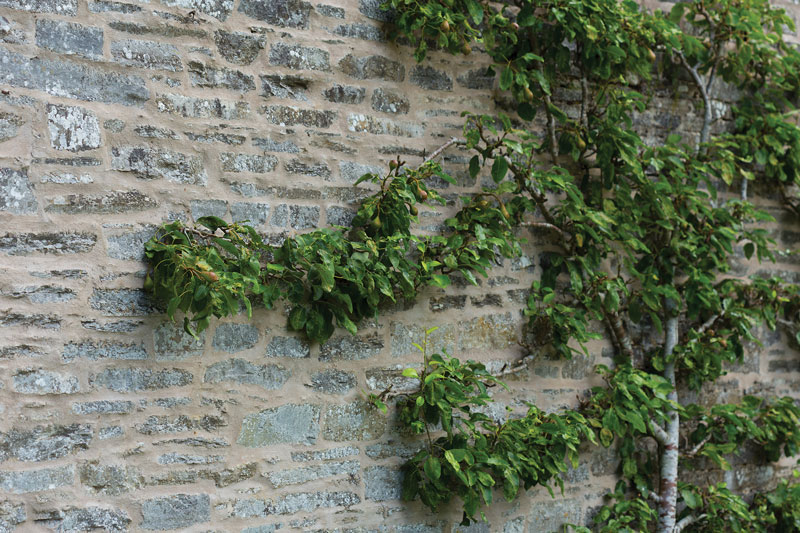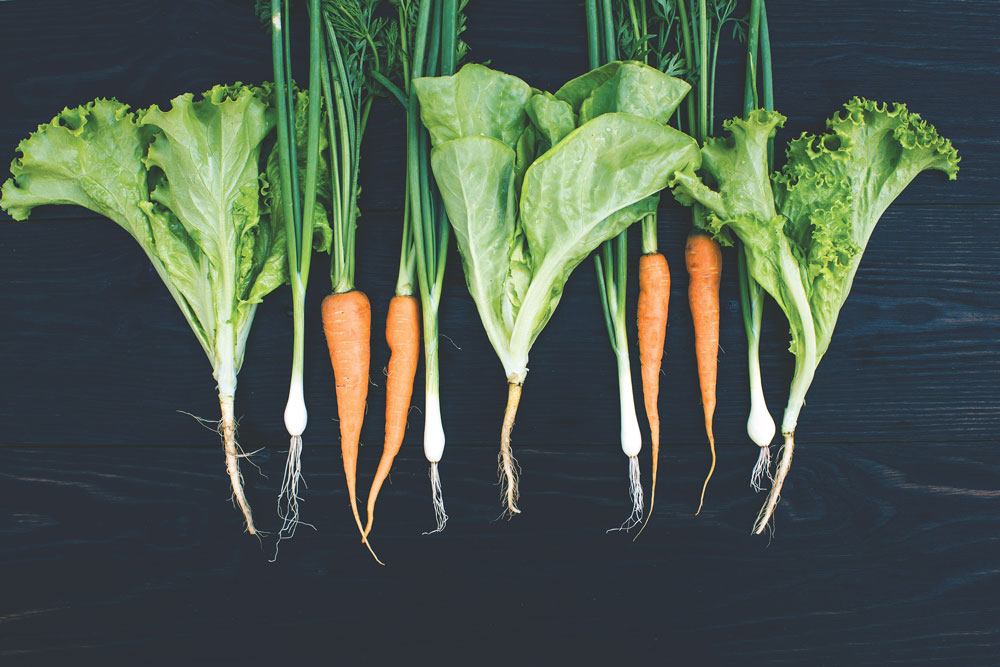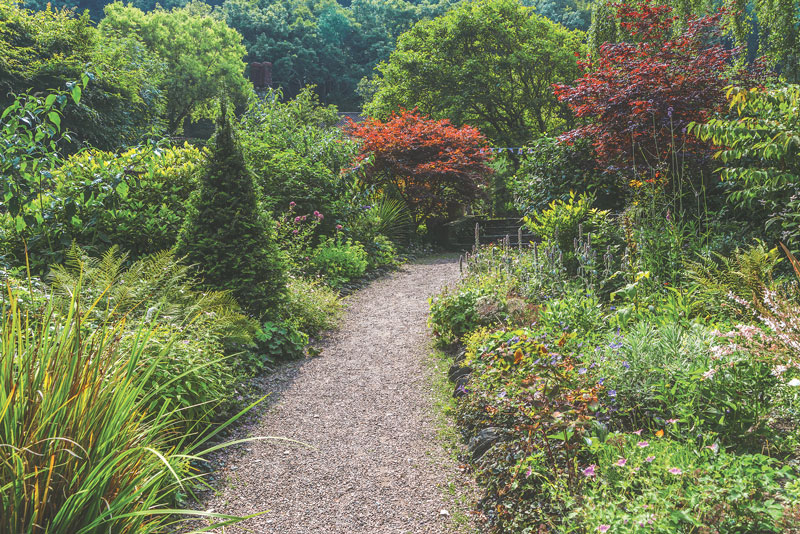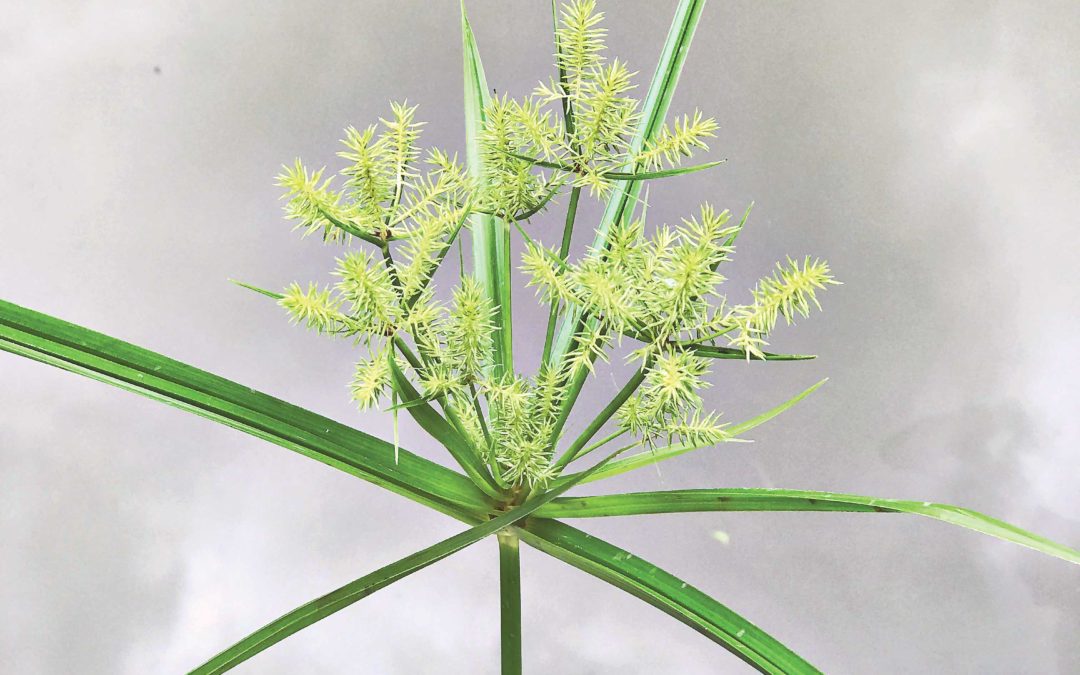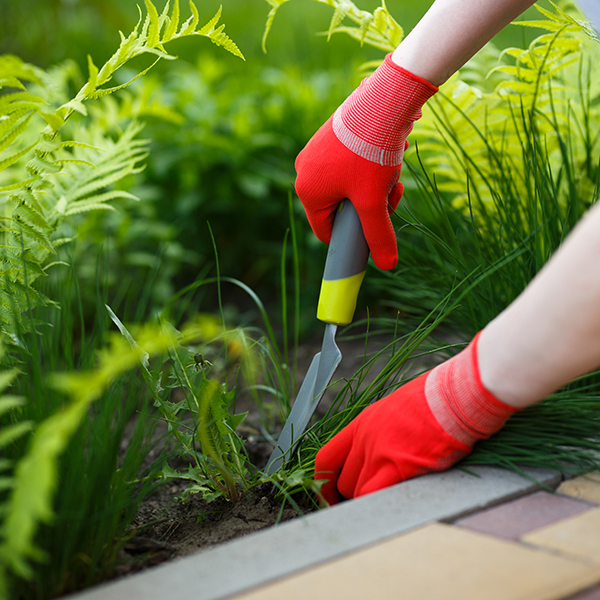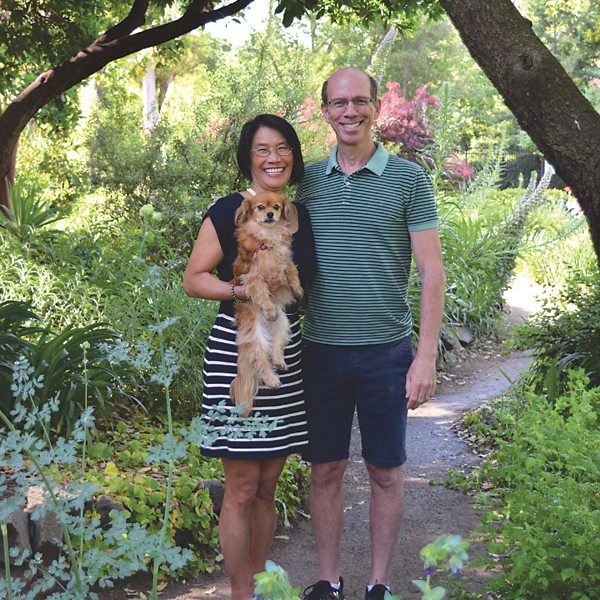
Sep 25, 2019
I began seeing espaliered plants long before I knew the word “espalier,” and certainly before I knew how to pronounce it (either es-pal-YAY or es-pal-YER is correct). However you say it, the practice of training woody plants, such as fruit trees or ornamental shrubs, flat against a wall or support can be decorative and interesting, produce more and better flowers and fruit, and allow you to grow otherwise too-large plants in a limited space.

Aug 30, 2019
It’s still summer, but it’s time to plant winter (cool-season) vegetables.
If you get them in the ground while the days are still relatively long, you can harvest this winter. If you wait too long, peas will pause and broccoli will balk. Dormancy sets in when there are less than 10 hours of daylight. You need to give winter crops a head start before plant growth slows down or stops altogether.

Jul 31, 2019
In Sacramento gardens, I’ve observed that the roots of drought-tolerant plants, such as lavender, salvia and penstemon, will rot if they are kept constantly moist by a layer of woodchips.
I’ve also worried that covering up all bare soil with mulch, which UC Berkeley entomologist Dr. Gordon Frankie calls “mulch madness,” will make it hard for native bees to find places to nest.
When should we mulch? And when does mulching create more problems than it solves?

Jun 24, 2019
A friend sent me a photo of a dramatic flowering stem displayed proudly in a vase. It looked a bit like a floral firework, with a single triangular stalk topped by spiky leaves, centered with clusters of little white flowers. “What is this plant?” she asked. She had been told that it was papyrus, which it resembles, but she feared it was something bad. It was.

May 31, 2019
It’s debatable whether absence really does make the heart grow fonder. There’s no question that a gardener’s attentive presence makes a garden better. An observant gardener can identify pests and other problems early and keep up with the rapid changes that happen this time of year. Grab a bucket, have a hose with a powerful spray nozzle handy and take a daily stroll outside. Both you and your garden will benefit.
The bucket is good for collecting weeds and spent flower heads. Remove weeds as soon as you spot them, getting them out, roots and all, before they can set seeds. Deadheading flowers will make your garden look fresher and encourage continued bloom.

May 31, 2019
Of the 35 largest cities in the United States, only two do not have botanical gardens, Sacramento and Fresno. Bruce Ritter and Linda Ching hope to leave Fresno alone on that list.
It could be years before a Sacramento botanical garden blooms, but the seeds are being planted. In January, Ritter and Ching co-founded the nonprofit Sacramento Botanical Garden and launched a capital campaign to raise $25 million to build the project.
